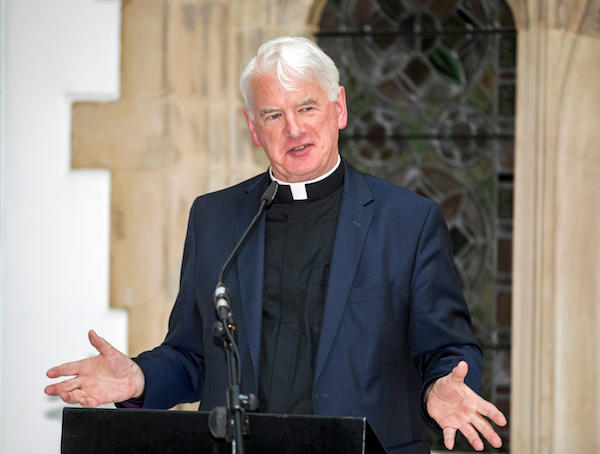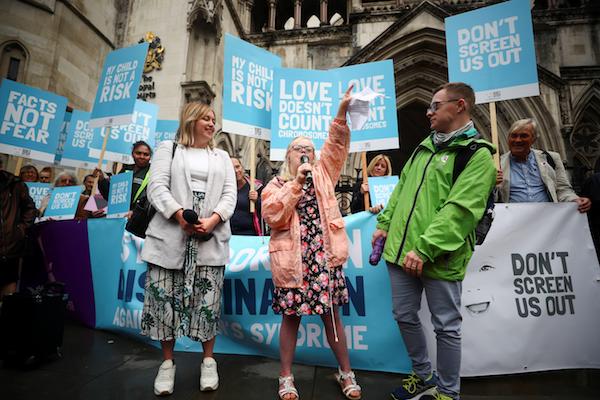In an ongoing legal battle over the intersection of anti-discrimination laws with abortion regulation, the Court of Appeal has upheld legislation allowing the abortion of babies with Down’s syndrome up until birth.
The decision, handed down on Friday 25 November, reiterated a ruling made in September last year that current regulations do not breach equalities law.
In England, Wales and Scotland, the 24-week time limit on having an abortion is abrogated in cases where there is “a substantial risk that if the child were born it would suffer from such physical or mental abnormalities as to be seriously handicapped”.
This means that unborn children with disabilities like Down’s syndrome can be aborted up until the time of birth. In 2021, 3,370 abortions were carried out under the above provisions, 859 of which were in cases where a prenatal diagnosis of Down’s syndrome had occurred. Campaign group Don’t Screen Us Out claims the true figures are likely to be far higher.
Disability rights and pro-life campaigners have argued that the provision is discriminatory and a breach of laws against inequitable treatment of people with disabilities.
This position, supported by the UN CRPD (Convention on the Rights of Persons with Disabilities), has been articulated in recent legal challenges by Heidi Crowter, a 27-year-old woman with Down’s, and Maire Lea-Wilson, the mother of a young boy with Down’s syndrome whom doctors had recommended she abort.
Pro-choice campaigners have responded by pointing out that deciding in favour of Crowter would involve recognising the unborn as possessing human rights – a legal precedent that would have far-reaching consequences in all abortion legislation.
In a summary of the decision, by Lord Justice Underhill, Lady Justice Thirlwall and Lord Justice Peter Jackson, the judges “recognised” that those with severe disabilities would be “upset and offended” by the decision. But, the judges said, the judgement does not affect the rights of the “living disabled” and argued that the “perception of discrimination” does not itself breach equalities legislation.
Ms Crowter, who has stated her intention to take the case to the Supreme Court, said after the ruling that she had been made to feel “that I am not as valuable as a person without Down’s syndrome” - and that the current legal situation “tells me that I am … of much less value than a person without Down's syndrome”.
Bishop John Sherrington, lead bishop on life issues for the Catholic Bishops’ Conference of England and Wales, said in a statement that he was “deeply saddened” by the decision, which upheld an “illogical and unjust” status quo.
“We must continue to advocate for greater support for families caring for a child with disability” Bishop Sherrington said, offering his “prayerful support” to campaigners as they take the issue to the Supreme Court.



 Loading ...
Loading ...